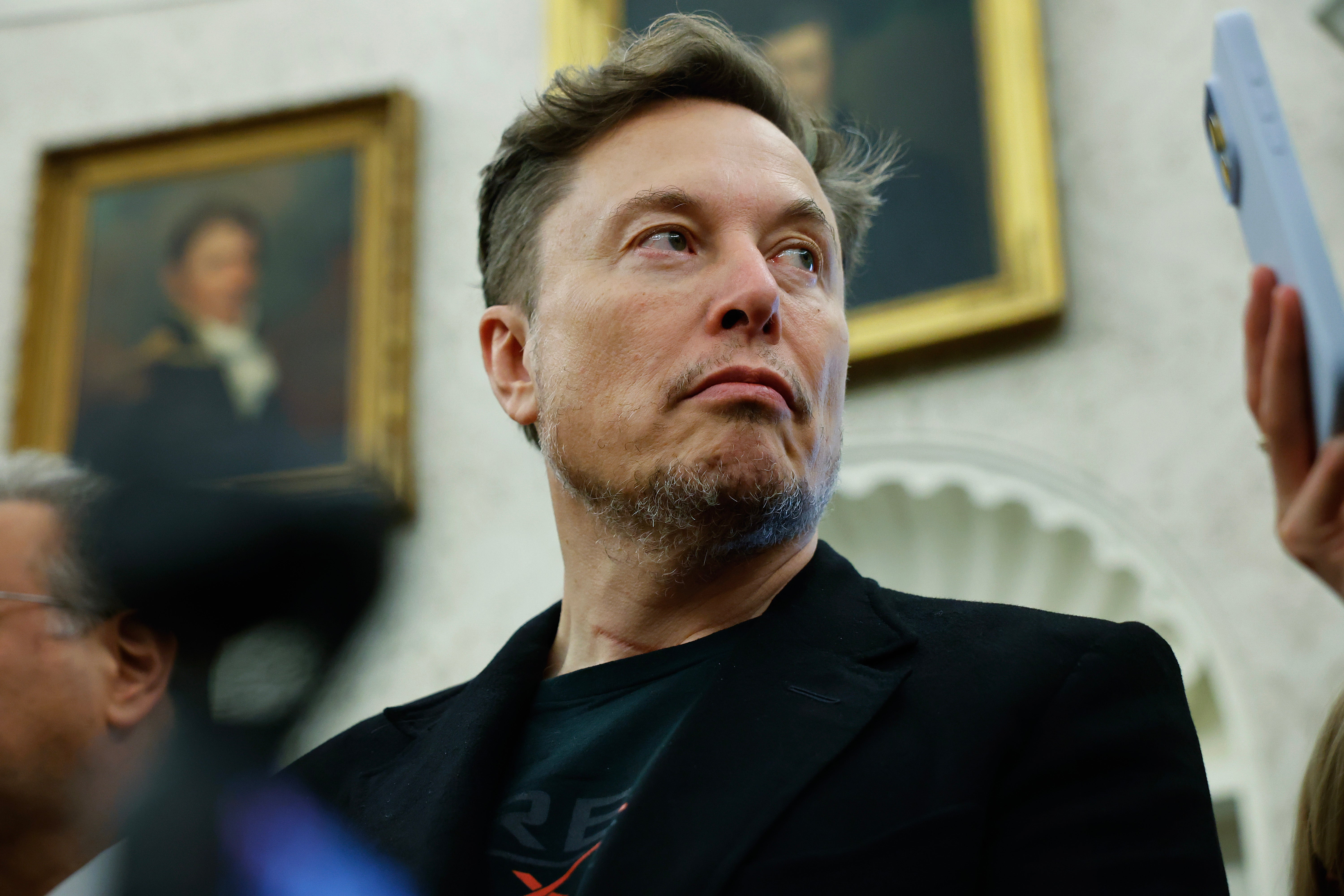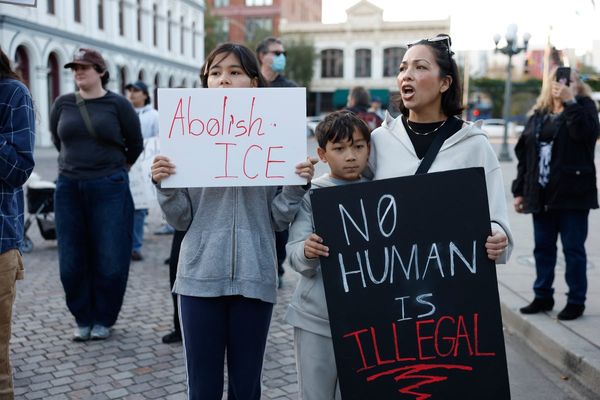Tesla, the electric vehicle company run by Elon Musk, saw record sales in its third quarter, though that wasn’t enough of a boost for the EV maker to avoid a sharp decline in profit.
Between July and September, Tesla sold more than 497,000 vehicles, record sales representing a 29 percent increase over the second quarter and a seven percent year-over-year bump, according to earnings data released on Wednesday.
Analysis attribute the strong sales to demand from U.S. customers, who were racing to put down orders before a $7,500 federal tax credit for the EVs expired at the end of September.
Despite the strong sales, profits were down, with net income falling 37 percent in the third quarter, as third-quarter earnings fell to $1.4 billion from $2.2 billion a year earlier.
This also marked the third quarter in a row that profit dropped.
Tesla executives attributed these headwinds to declining revenue from carbon credits, tariff costs, and the drain from investments in R&D for artificial intelligence.
Looking ahead, Tesla told investors that the company would remove safety drivers from its robotaxis in Austin by the end of the year, and that they should expect the debut of the next prototype of its Optimus robot in February or March.
The company’s Cybercab autonomous vehicle is scheduled for production in the second quarter of next year.
On an investor call, Musk urged shareholders to back a proposed pay package that could make the executive the world’s first trillionaire, calling the terms an important way to shore up his control of Tesla as it continues to build advanced robotics and AI systems to integrate into its cars and manufacturing processes.

“My fundamental concern with how much voting control I have at Tesla is, if I build this enormous robot army, can I just be ousted in the future?” he reportedly said. “I don’t feel comfortable building that robot army if I don’t have at least influence over it.”
The company has had a tough 2025, with Tesla facing boycotts, attacks on dealerships, and souring public sentiment in some quarters in response to Musk’s heavy, if short-lived, involvement in the Trump administration through its DOGE cost-cutting initiative.







